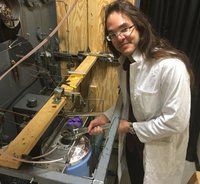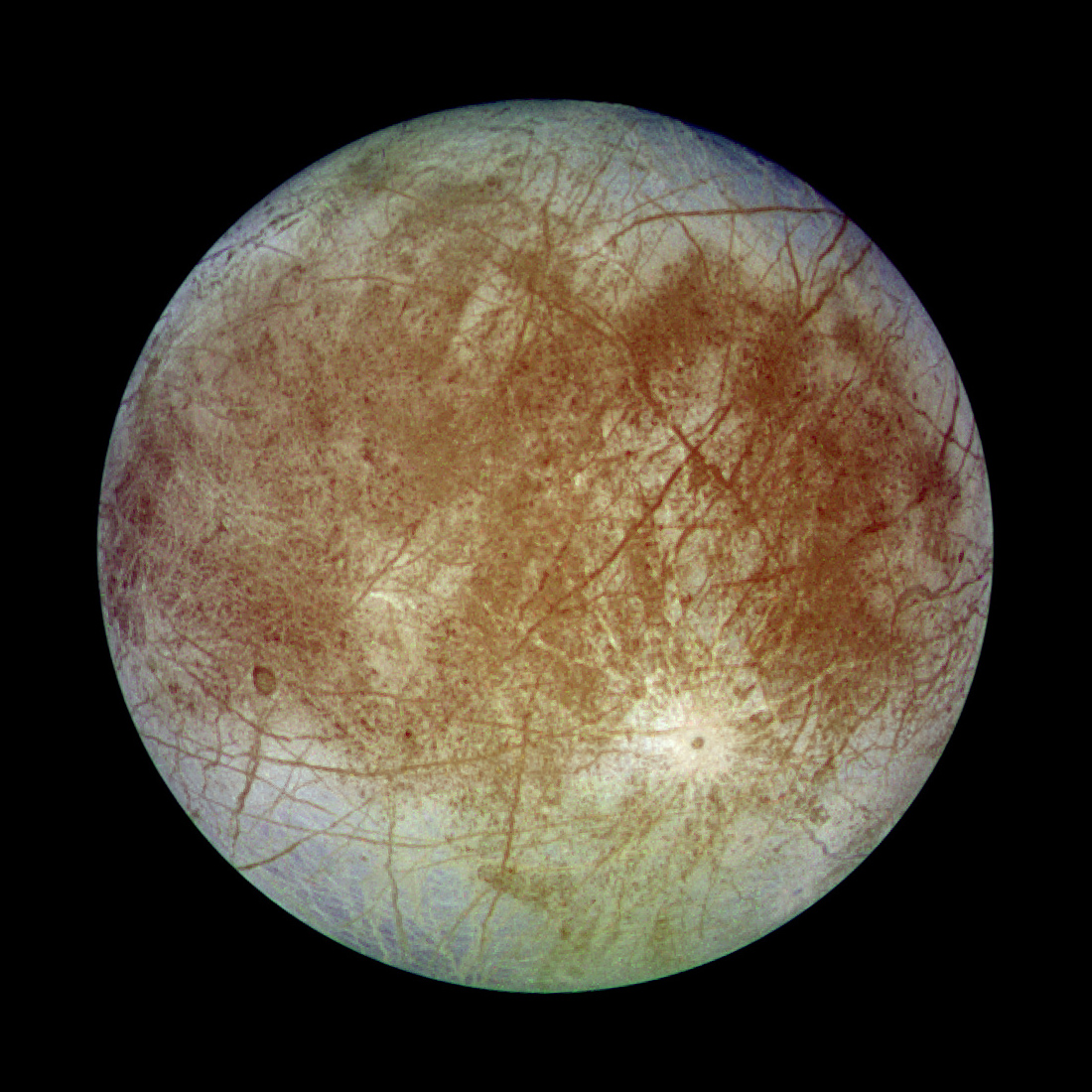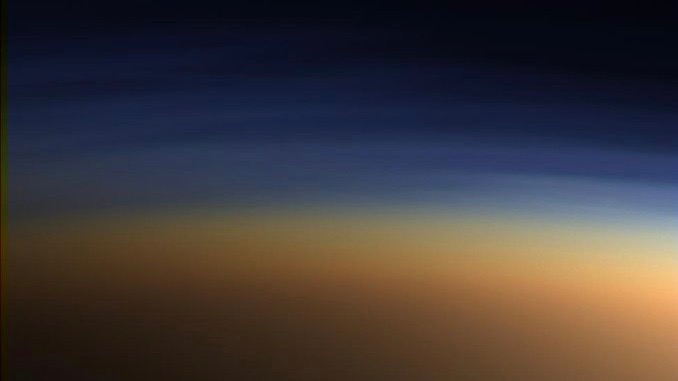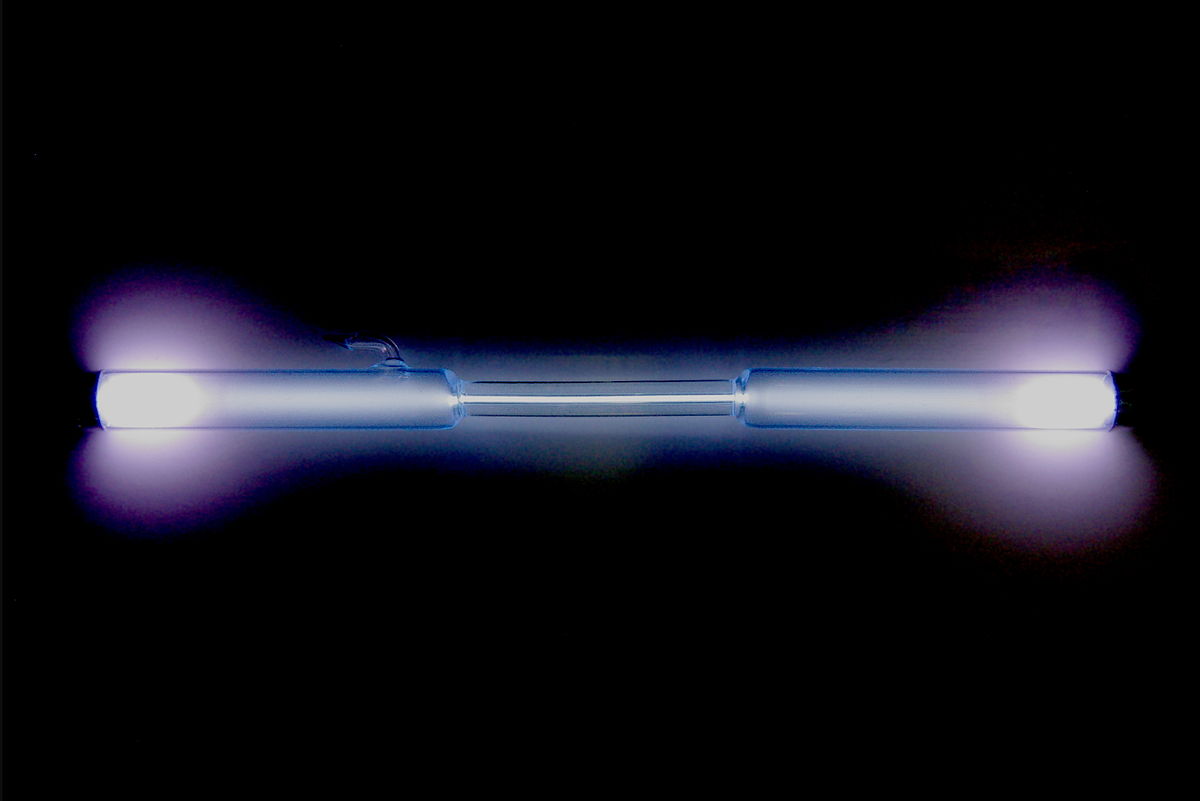Thinking Alien Abysses: How High-Pressure Experimental Thermodynamics of Aqueous Systems Help Us Constrain the Structure and Habitability of Deep Planetary Hydrospheres
When: April 11, 2017 3PM PDT

The possible presence of deep aqueous salty oceans in icy moons (Europa, Ganymede, Titan, etc.), and potentially in water-rich exoplanets, has generated a lot of enthusiasm in the astrobiology community and is one of the focus of future NASA and ESA missions (Europa Clipper and JUICE, respectively). However, as the pressure, temperature and chemistry expected to characterize these oceans lie beyond those encountered in Earth’s natural environments, our understanding of these alien places remains hindered by a historical lack of experimental and theoretical constraints of aqueous systems at these specific conditions. Pressure, temperature and chemistry induce important changes to the physical properties of fluids and ices (e.g. density, crystallographic structure), to the extent that structural models of icy worlds can not rely solely on extrapolated properties of pure water. We will present current experiments and models from our team at the ESS-UW and highlight potential effects of these altered properties on the structure and habitability of large icy worlds.
 Getting Under Europa’s Skin
Getting Under Europa’s Skin Tracing Formation and Evolution of Outer Solar System Bodies Through Stable Isotopes and Noble Gas Abundances
Tracing Formation and Evolution of Outer Solar System Bodies Through Stable Isotopes and Noble Gas Abundances Photosynthesis, a Planetary Revolution
Photosynthesis, a Planetary Revolution Xenon: King of the Gases
Xenon: King of the Gases